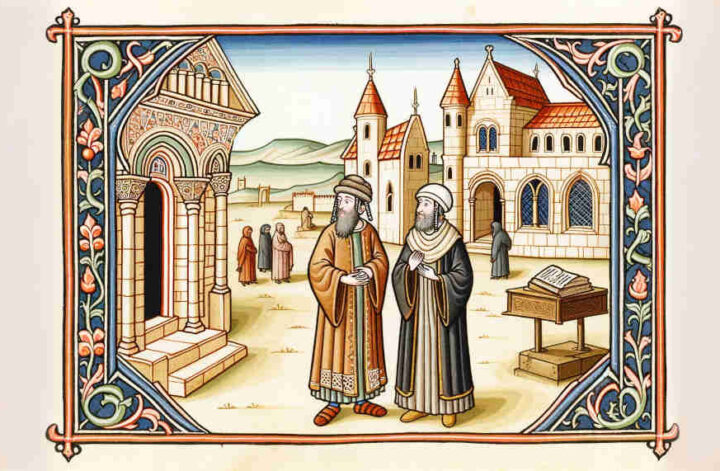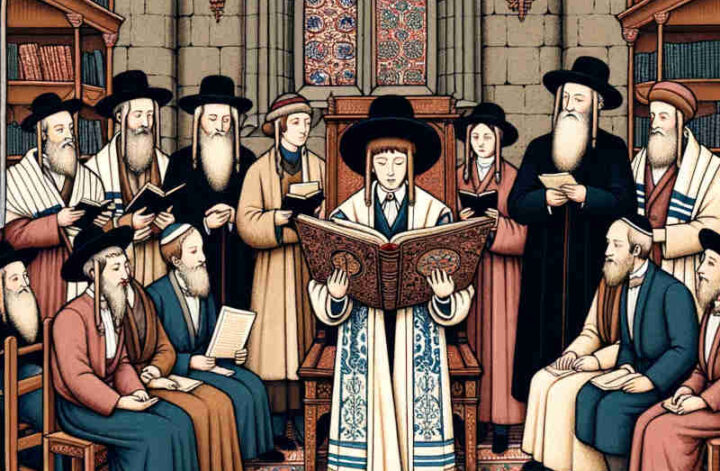Email from Alex Cohen: “Rabbi Joshua, I have heard the term ‘metzitzah b’peh’ in a discussion about Jewish rituals but did not understand what it refers to. Can you explain what metzitzah b’peh is?”
Response from Rabbi Joshua
Shalom Alex, your question pertains to a very specific and complex practice within traditional Jewish ritual law. Let’s delve into its meaning and context.
The Ritual of Brit Milah
Metzitzah b’peh is a procedure that is sometimes part of the Brit Milah, the Jewish religious male circumcision ceremony, which is performed on the eighth day of a baby boy’s life. The Brit Milah is a covenant between the Jewish people and God, as originally commanded to Abraham in the book of Bereshit (Genesis).
The Practice of Metzitzah B’Peh
Historically, metzitzah b’peh involved the mohel (the person performing the circumcision) orally suctioning the wound to draw away blood after the removal of the foreskin. This practice is rooted in health concerns from ancient times, intended to clean the area and promote healing.
Health Concerns and Contemporary Practice
In modern times, the practice has become controversial due to potential health risks, including the transmission of herpes simplex virus to the infant, which can be life-threatening. As such, many Jewish communities have abandoned the oral suction in favor of using a sterile pipette or syringe to perform the suction, thus eliminating direct oral contact.
Halachic Debates and Decisions
The halachic (Jewish legal) perspective on metzitzah b’peh varies among different authorities. Some hold that it is a necessary part of the circumcision ritual, while others argue that it is not essential and that the baby’s health is of paramount importance. Major rabbinical authorities have weighed in, with many advocating for alternative methods that uphold both the ritual’s integrity and the child’s safety.
Respecting Diverse Practices
It’s important to recognize that the practice of Brit Milah is observed with great reverence and is a deeply cherished rite in the Jewish community. When discussing practices such as metzitzah b’peh, it is essential to approach the topic with respect for its religious significance and sensitivity to the diverse opinions and practices within Judaism.
Concluding Thoughts
Alex, I hope this explanation provides clarity on the practice of metzitzah b’peh. It is a topic that touches on the intersection of tradition, health, and modernity, and it is handled with great care and deliberation within the Jewish community. May your continued exploration of Jewish practices enrich your understanding of the depth and diversity of Jewish life.


